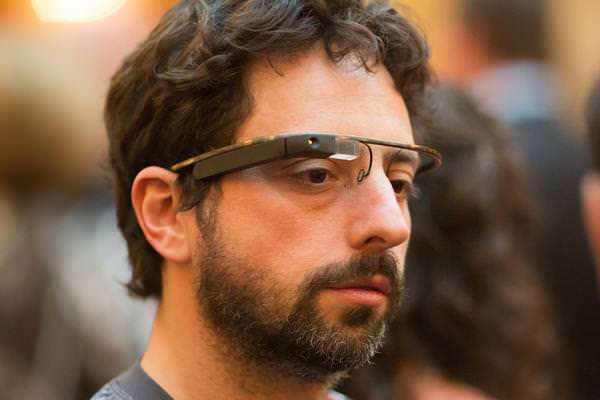West Virginia Legislator Wants to Ban Google Glass While Driving, Willing to Legislate By Horrific Anecdote If Necessary

Google's Next Big Thing is a pair of geeky looking glasses with display and video capabilities that wearers the ability to display contextual information about what they're seeing, call up web-based information, and record and stream video from the headset. It's called Glass, and the elevator pitch is that it's an iPhone crossed with a pair of spectacles.
Glass is not yet available to the general public, but Google has released a few thousand test sets into the wild. Naturally, we're already seeing state efforts to restrict use of the technology.
A state legislator in West Virginia is attempting to amend and extend its existing rule prohibiting texting while driving to cover hands-free devices like Glass. The effect would be to outlaw one of the tech's most obvious potential uses: driving instructions in a heads-up display. Republican Gary Howell, who is behind the legislation, says he worries about wearers getting distracted by all the information that Glass could provide that isn't related to navigation—things like YouTube videos, text messages, or political news websites.
I agree that it is probably not a good idea to try to watch Nicholas Cage supercuts while attempting to navigate heavy traffic. But the vast majority of drivers will also be well aware that this is not a particularly good idea, that not paying attention while driving is dangerous-to themselves and to others, and will respond accordingly. Drivers who do not care, meanwhile, will continue to have plenty of other opportunities to distract themselves while behind the wheel: reading newspapers, for example, or reaching into the backseat to grab a bottle of water or break up a fight between children. Restricting Google Glass while driving won't put a stop to distracted driving or opportunities for distracted driving, but it will prevent attentive drivers from using the technology's navigation features.
Howell is not sure that his bill will pass during the current legislative session. But he's willing to wait, because he believes that will enable him to legislate by horrific anecdote. Google Glass is set to become available to the general public later this year, and Howell expects that will create exactly the opportunity he believes he needs to amend the state's mobile-tech driving laws. By the time the 2014 legislative session rolls around, he predicts to Ars Technica, "we'll have some horror stories where people [were wearing] Glass and crashed."
